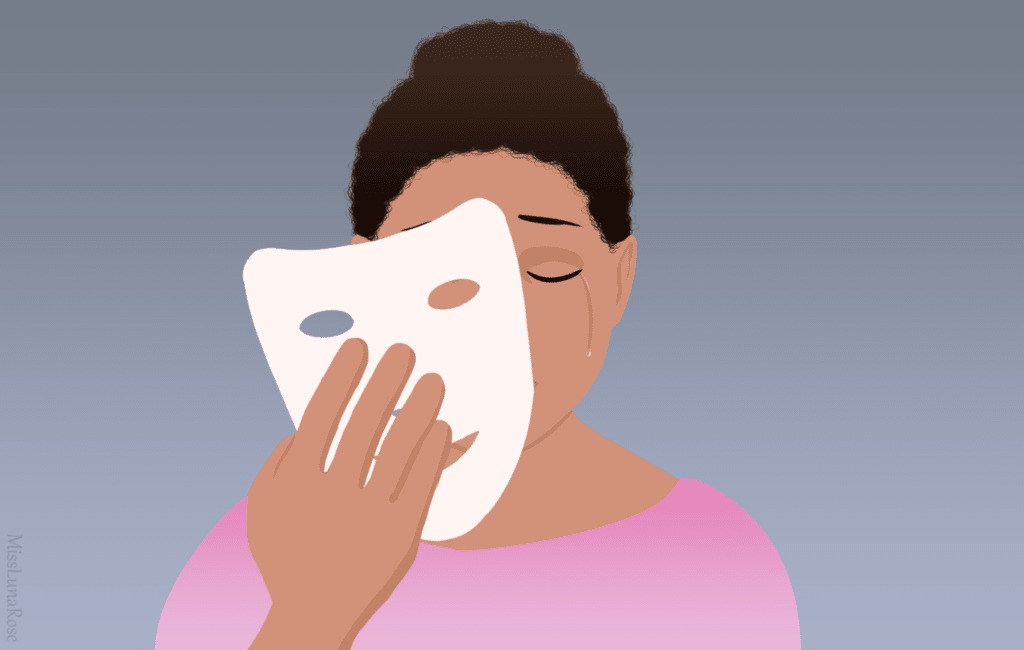Beyond the Storm: Anxiety and Building Resilience
By Anas Ahmed
9 August 2023
Anxiety is a prevalent mental health concern in today's fast-paced and demanding world. While it is a trending topic, understanding anxiety goes beyond surface-level discussions. This article delves into the complexities of anxiety, its impact on individuals, and the importance of building resilience to navigate life's challenges beyond the storm of anxiety.

Unraveling the Layers of Anxiety

1. The Multifaceted Nature of Anxiety
Anxiety is not a one-size-fits-all condition; it presents in various forms and intensities, affecting individuals uniquely.
2. Beyond the Physical Symptoms
Anxiety encompasses more than just physical symptoms; it often involves emotional, cognitive, and behavioral aspects.
The Power of Resilience

1. Embracing Emotional Resilience
Develop emotional resilience to bounce back from setbacks and navigate anxiety's emotional toll.
2. Cognitive Resilience for Mental Strength
Cognitive resilience involves building a positive mindset to counter anxiety's negative thought patterns.
3. Behavioral Resilience: Facing Challenges
Develop behavioral resilience by taking proactive steps to confront anxiety and overcome avoidance behaviors.
Recognizing the Triggers

1. Identifying Anxiety Triggers
Understanding the specific triggers that exacerbate anxiety empowers individuals to manage them effectively.
2. Environmental and Lifestyle Factors
Explore how environmental and lifestyle factors contribute to anxiety and take steps to create a supportive environment.
The Role of Mindfulness and Mind-Body Practices

1. Cultivating Mindfulness
Mindfulness practices, like meditation and deep breathing, help manage anxiety by grounding individuals in the present moment.
2. Yoga for Mind-Body Connection
Yoga fosters mind-body connection, promoting relaxation and reducing anxiety.
Seeking Support and Connection
1. Breaking the Stigma
Reduce the stigma around mental health by fostering open conversations and empathy.
2. Support Systems and Social Connections
Nurture supportive relationships and social connections for emotional support during anxious times.
The Impact of Professional Help

1. The Importance of Seeking Professional Support
Consulting mental health professionals can provide effective strategies to manage anxiety.
2. Therapy for Coping and Resilience
Therapy offers tools and coping mechanisms to build resilience and overcome anxiety.
The Power of Self-Compassion
1. Embracing Self-Compassion
Practice self-compassion to treat oneself with kindness during times of anxiety and self-doubt.
2. Accepting Imperfections
Understand that anxiety does not define one's worth and accept imperfections as part of the human experience.
Building Coping Strategies
1. Breathing Exercises
Simple breathing exercises can be effective in reducing anxiety and promoting calmness.
2. Journaling for Reflection
Keep a journal to reflect on emotions and thoughts, fostering self-awareness and insight.
Conclusion
Understanding anxiety goes beyond surface-level discussions, acknowledging its multifaceted nature and unique impact on individuals. Building resilience empowers individuals to navigate life's challenges beyond the storm of anxiety, embracing emotional, cognitive, and behavioral strength. Recognizing anxiety triggers and implementing mindfulness and mind-body practices support anxiety management. Seeking support and professional help, while practicing self-compassion, further enhances resilience. By fostering coping strategies and breaking the stigma surrounding mental health, individuals can journey beyond the storm of anxiety, embracing a life of resilience, well-being, and emotional strength.
You Might Also Want To Read This
Popular Posts







